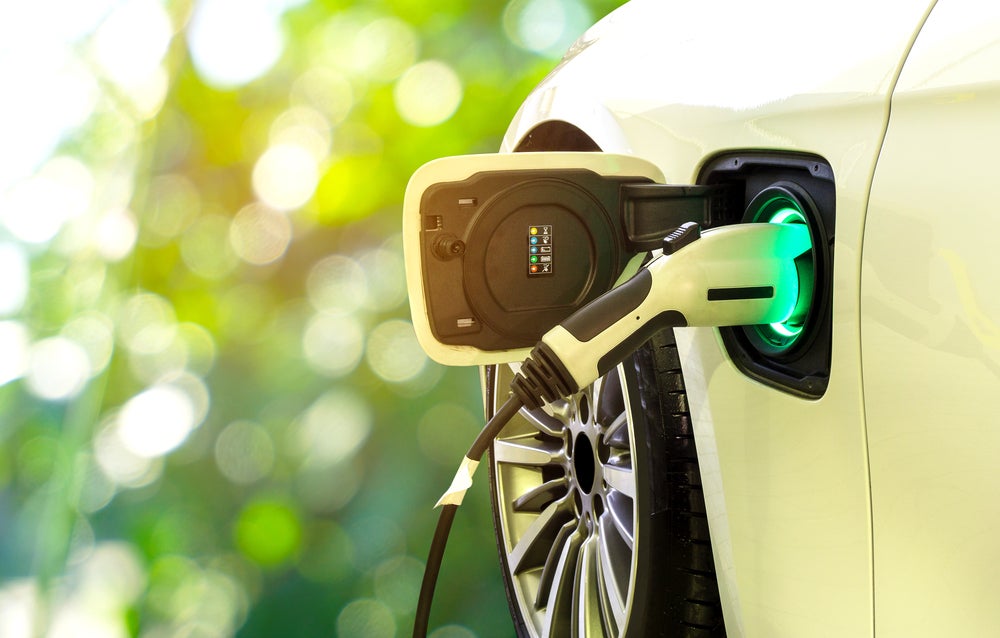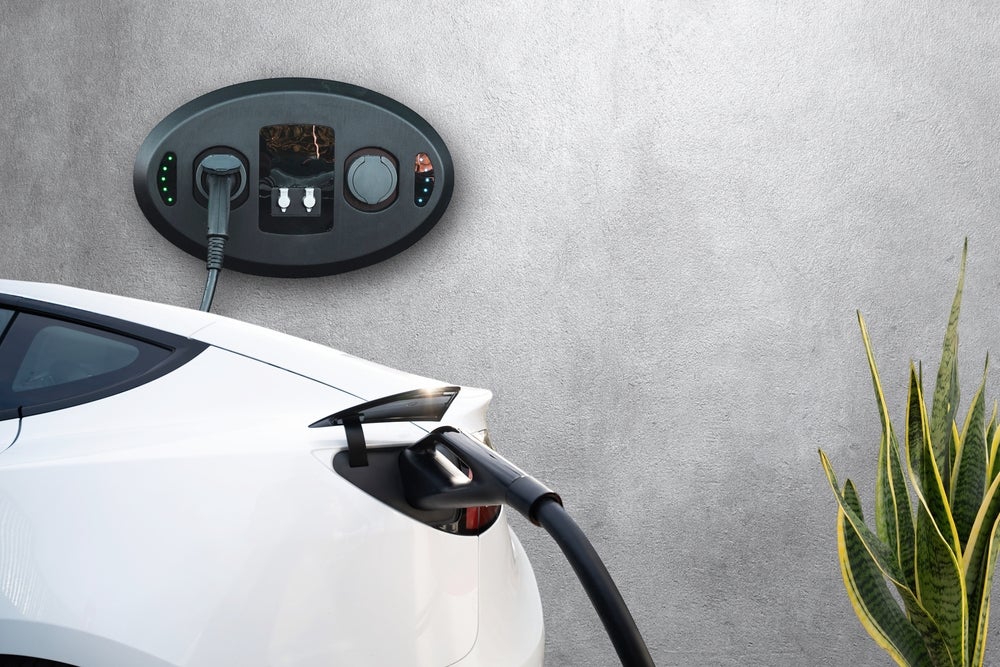
2020 was a year like no other bringing significant changes to travel patterns, business operations and working life. David Bushnell, principal consultant at Alphabet (GB), looks at the accelerating uptake of electric vehicles.
Carbon emissions plummeted at a record pace with strict lockdowns and many industries temporarily halting business, causing a decline of 7% in emissions in the UK in 2020 – the biggest drop since the Second World War. With this, we also saw an increased demand for businesses to be more environmentally friendly, with consumers looking to choose brands that have genuine environmental sustainability built into their businesses.
Naturally, travel and transport industries both have a role to play this year in maintaining these positive environmental changes. This has in turn helped accelerate the uptake of electric (EV) and plug-in hybrid (PHEV) vehicles across the fleet industry.
With sales surging for the vehicles in 2020, the transition to EVs and PHEVs is set to continue at pace this year, making now the perfect time for all businesses to assess their ongoing fleet strategy.
Time to electrify
Range and charging anxiety has often been a concern that prevented many companies from the mass adoption of electric vehicles. However, this has largely fallen away during the pandemic. With reduced travel and fewer people heading into work five days a week, business mileage profiles are down and investment in public charging is up, making the argument to electrify fleets much more straightforward.
How well do you really know your competitors?
Access the most comprehensive Company Profiles on the market, powered by GlobalData. Save hours of research. Gain competitive edge.

Thank you!
Your download email will arrive shortly
Not ready to buy yet? Download a free sample
We are confident about the unique quality of our Company Profiles. However, we want you to make the most beneficial decision for your business, so we offer a free sample that you can download by submitting the below form
By GlobalDataThis, combined with increased consumer demand for electric vehicles, has seen sales accelerate over the last year. EVs accounted for nearly 46% of all company car orders at Alphabet in 2020, with an increase of 8% on EV and 16% on PHEVs year-on-year.
Data from SMMT showing new car sales in the UK, also reflected this upsurge, with EVs and PHEVs accounting for 10% of all new vehicle registrations last year – something analysts had predicted would take until 2022 to achieve. And with 68% of those sales being for company cars, it’s clear the fleet industry plays an instrumental role in the electrification of our roads.
Following the government’s announcement to ban the sale of new petrol and diesel vehicles by 2030, and PHEVs by 2035, the electric uptake is set to continue throughout 2021. This new legislation has set the wheels in motion for a greener future and it’s important that businesses now look to offer mobility solutions that incorporate an alternative drive train strategy. This will be vital for businesses to achieve these ambitious deadlines.
The car of today
When it comes to electric vehicles, people often think of it as transport of the future, viewing it as a one-size-fits-all situation and the upfront cost as a reason to shy away. But as demand grows for the vehicles, and technology and infrastructure continue to develop, we’re seeing more new models and variety than ever before, making electric vehicles a strong competitor in today’s market.
Businesses that take the step to electrify sooner rather than later, will find the perfect fit for their fleet and take advantage of the cost savings that come hand-in-hand with going electric.
Not only are there savings on Corporation Tax, National Insurance, maintenance and fuelling with electric, but with the Benefit in Kind (BIK) rates introduced at the start of the last tax year driving employee demand for the vehicles, businesses now have the momentum behind them to electrify their fleets.
This is another reason we will see the adoption of electric continue to accelerate throughout 2021. There is even the possibility that sales of electric vehicles may overtake diesel and potentially petrol vehicles in the next couple of years, should adoption rates continue at the same speeds we saw in 2020.
While the positives of going electric are undeniable, not all companies will be in a position to take this step yet. As such, plug-in hybrid vehicles remain an important part of the e-mobility journey. The technology will provide an essential stepping stone to help businesses transition from traditional petrol and diesel vehicles; particularly while charging infrastructure is more widely established across the UK.
The events of the past year have created a seismic shift in positive attitudes towards mass electric vehicle adoption. Now with a national time frame upon us, businesses need to be looking ahead and strategically planning the transition towards electrification.







